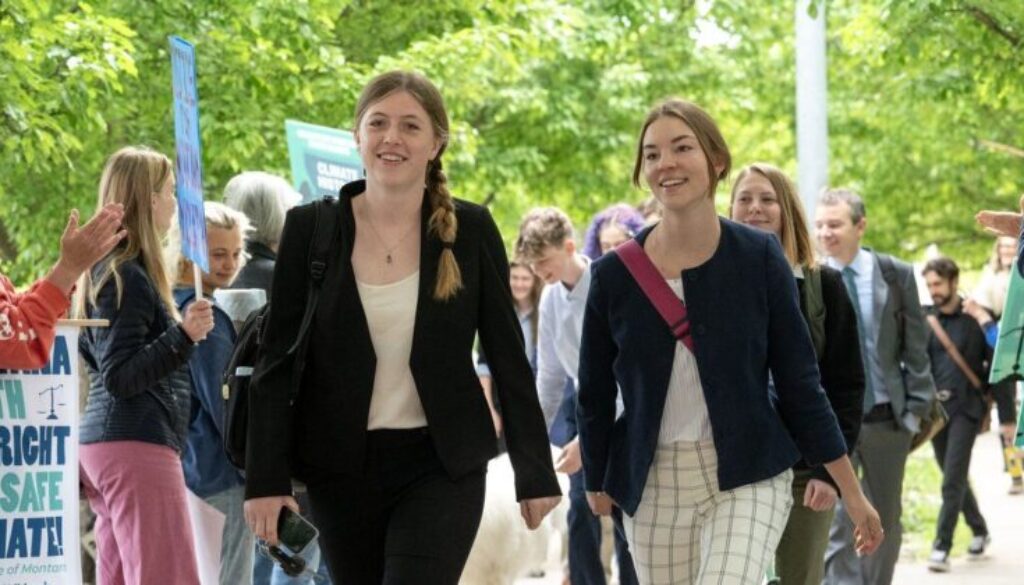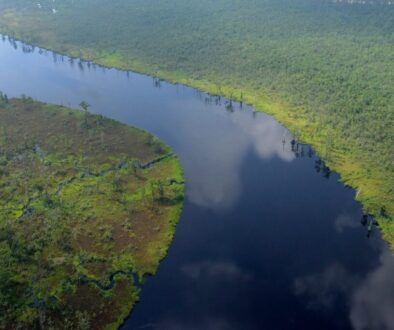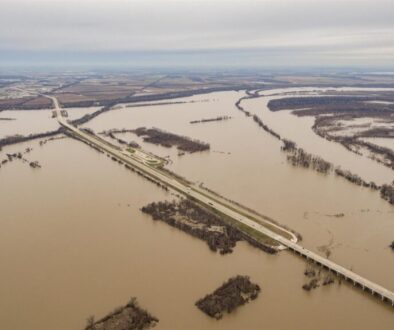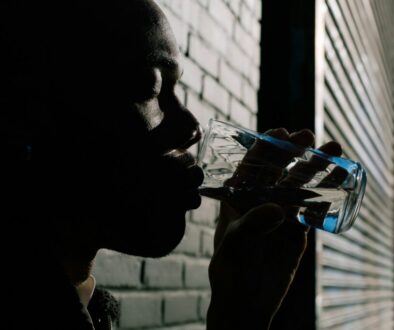Youth win historic climate lawsuit against Montana
By Dana Drugmand
A group of young people who sued Montana officials for failing to adequately address climate change have prevailed in what observers say is a historic legal challenge.
On Monday, Lewis and Clark District Court Judge Kathy Seeley ruled that the 16 plaintiffs in the case, Held v. State of Montana, have a fundamental right to a clean and healthful environment, including a stable climate system, under the Montana constitution. The judge found that the state was contributing to environmental degradation and climate harm in violation of this right.
The case is the first-ever constitutional climate trial in the country, pitting youth inheriting climate problems against the government leaders they blame for the dire legacy. The plaintiffs in the case contended that Montana officials have been turning a blind eye to climate pollution by continuing to issue permits for fossil fuel projects, including expansion of coal mining.
“If this decision is upheld by the Montana Supreme Court it will be a landmark in US climate litigation,” said Patrick Parenteau, Senior Fellow for Climate Policy at Vermont Law and Graduate School. The trial judge’s ruling in itself is “extremely important,” he said, since it represents the first time in the US that a court has recognized a constitutional right to a healthy environment that encompasses climate.

The ruling came after a little more than a month after the conclusion of the trial in the state capital of Helena in which college students and other young people testified about the harm climate changing is having on their lives, including the impacts of wildfires that have been raging through the western US. Climate scientists and other expert witnesses substantiated youth plaintiffs’ testimony at trial, explaining how the climate crisis poses severe threats to children’s physical and mental health.
Judge Seeley acknowledged the plaintiffs’ claims in her ruling, writing that the state’s “[greenhouse gas] emissions and climate change have been proven to be a substantial factor in causing climate impacts to Montana’s environment and harm and injury to the Youth Plaintiffs.”
The ruling strikes down two pieces of legislation amending the Montana Environmental Policy Act (MEPA), both enacted by a Republican supermajority during Montana’s 2023 legislative session. One revised the wording in MEPA to explicitly prohibit the state from considering climate change and greenhouse gas emissions when making permitting decisions. The prior version of the law, passed in 2011, had implicitly banned evaluation of climate pollution.
The other newly enacted law barred legal challenges brought under MEPA on climate grounds from thwarting or delaying any permit or authorization. Both statutes, critics said, weakened environmental protections by requiring the state to turn a blind eye to climate pollution and limiting the authority of courts to intervene.
Montana’s constitution states that a clean and healthful environment is an inalienable right, and that the legislature has an obligation to provide “adequate remedies for the protection of the environmental life support system from degradation.”
The youth-led lawsuit was a significant step in holding government leaders accountable, said Nate Bellinger, senior staff attorney with Our Children’s Trust and one of the lawyers representing the youth plaintiffs.
“Today we witnessed democracy in action,” Bellinger said in a statement.
Julia Olson, chief legal counsel and executive director of Our Children’s Trust, Said the court decision marks a “turning point in this generation’s efforts to save the planet from the devastating effects of human-caused climate chaos.”
The state has 60 days to decide whether it will appeal the decision to the Montana Supreme Court. The Montana Attorney’s General Office did not immediately respond to a request for comment. The state is expected to appeal the ruling.
(Featured photo provided by Our Children’s Trust.)
 EWG
EWG


